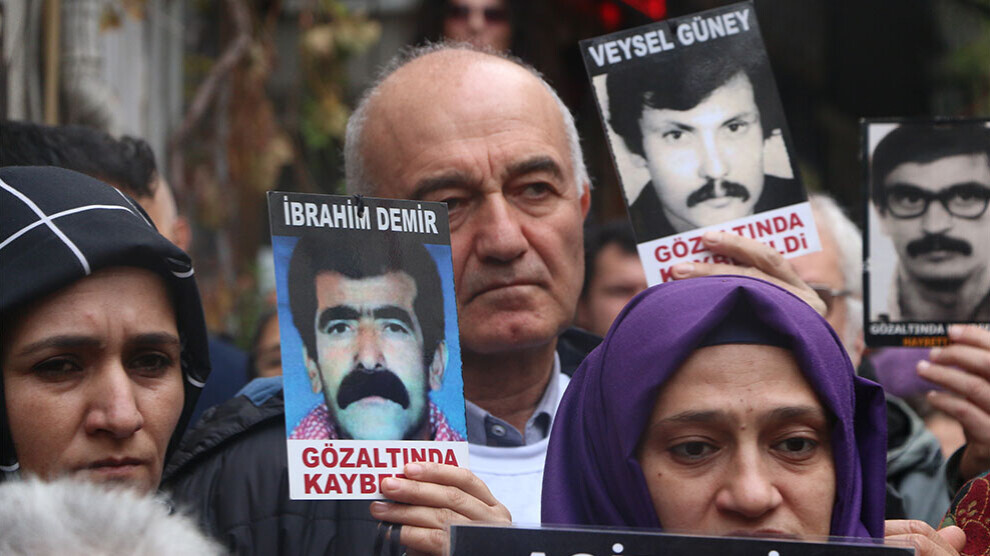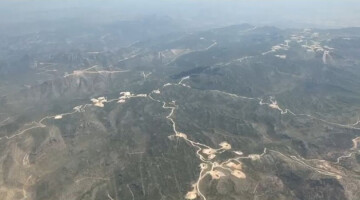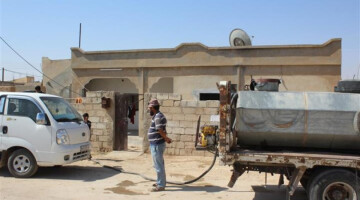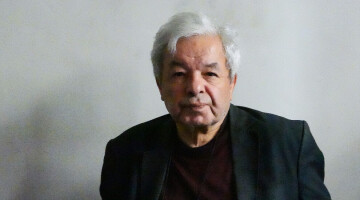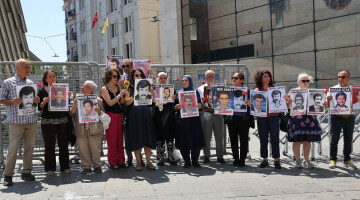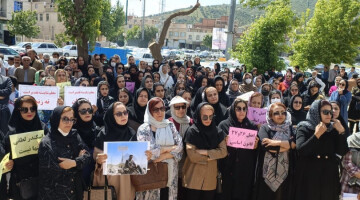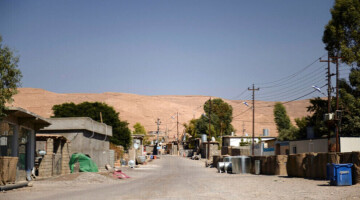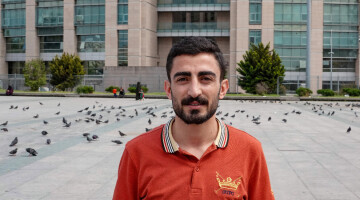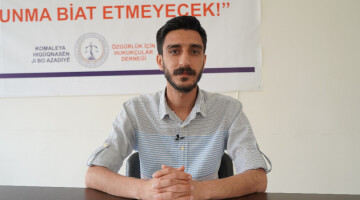At their weekly vigil against "disappearances" in custody, the Saturday Mothers' Initiative demanded justice for Ibrahim Demir and Agit Akipa. Both men were arrested by the Turkish gendarmerie (military police) thirty years ago in a village near Idil in the Kurdish province of Şirnak. One day later, their bodies were found in a cave. They were tied up, blindfolded and showed signs of torture. The perpetrators were not brought to justice.
"For thirty years now, we have been fighting for the perpetrators of that time to be punished. We are determined to continue this struggle. Even if it takes 3,000 years, we will not give up our search for truth and justice," Suzan and Fehmi Akipa and Metin Demir, the children of those murdered, said in a joint statement.
It was the 871st vigil of the Saturday Mothers, which was held virtually due to the Corona pandemic. The initiative condemned the state's unwillingness to face its own truth, to expose the killers of Ibrahim Demir and Agit Akipa and to bring justice to the victims. "There has not even been a trial," said Suzan Akipa. She said there were countless cases like these that caused social pain but went unnoticed by the Turkish and European judiciary to push them into the statute of limitations.
The 90s: Expansion of the village guard system
Ibrahim Demir (36) and Agit Akipa (39) lived in the village of Xenduk, whose Turkish name is Çukurlu. Akipa was headman of the village. It was the early nineties when the "Special War Department of the Turkish Army" intensively expanded the village guard system as part of its so-called counter-insurgency operations. Village guards are paramilitary units used in Kurdistan against guerrillas and unwelcome opposition members. They consist to a considerable extent of tribal leaders, large landowners, families and individuals who have often been working with the state for decades and try to stand up for the interests of the state in Kurdistan.
Some of the village guards join this system voluntarily, others are threatened with murder, arrest and expulsion and have to become village guards under pressure. The Hamidiye regiments in the Ottoman Empire are considered the historical model of the village guardians. Today's village guard system came into being in 1985, one year after the armed struggle of the Kurdistan Workers' Party (PKK) began. At that time, the Turkish government under Turgut Özal began recruiting and arming Kurdish tribes and clans in the war against the PKK. Thousands of Kurdish villages that rejected the village guard system were burned and razed to the ground by the state in the 1990s.
The story of Ibrahim Demir and Agit Akipa
If the military had its way, the residents of Xenduk would also act as village guards. There had already been several urgent announcements, and Agit Akipa as village head was also openly threatened. But the families in Xenduk refused to join the village guard system. In the first days of December in 1991, the entire village was occupied by soldiers of the gendarmerie. The village school was turned into a military base and several people's houses were confiscated. Agit Akipa and Ibrahim Demir made their way to İdil and demanded from the district administrator and the Ministry of the Interior that the soldiers be withdrawn from the village. As a result, the state pressure became even stronger. On 12 December 1991, the truck in which Akipa and Demir had been staying since they returned from the district of İdil was stopped in front of the village entrance. The two men were taken out of the vehicle by soldiers and taken to an unknown location. When family members asked the gendarmerie questions about their whereabouts, the commander in charge said he had never seen Akipa and Demir. But a soldier secretly told the families to search in the caves of a nearby mountain range. On 13 December 1991, the bodies of Ibrahim Demir and Agit Akipa were found in a cave covered with stones. They had been tied up and blindfolded. Their bodies were covered with torture marks.
We have no choice but to hope
The relatives of Ibrahim Demir and Agit Akipa filed a complaint and left no stone unturned to bring the case to court. But up to now, the investigations have not led to any results. The lawyer of the survivors was Tahir Elçi, who later became president of the bar association of Amed (Diyarbakir) - and was himself murdered by state forces in 2015. "We have no choice but to hope that one day there will be something like democracy in this country and cases of enforced disappearance in custody will be solved by an independent and courageous judiciary. So that the victims can get justice," said Fehmi Akipa.

